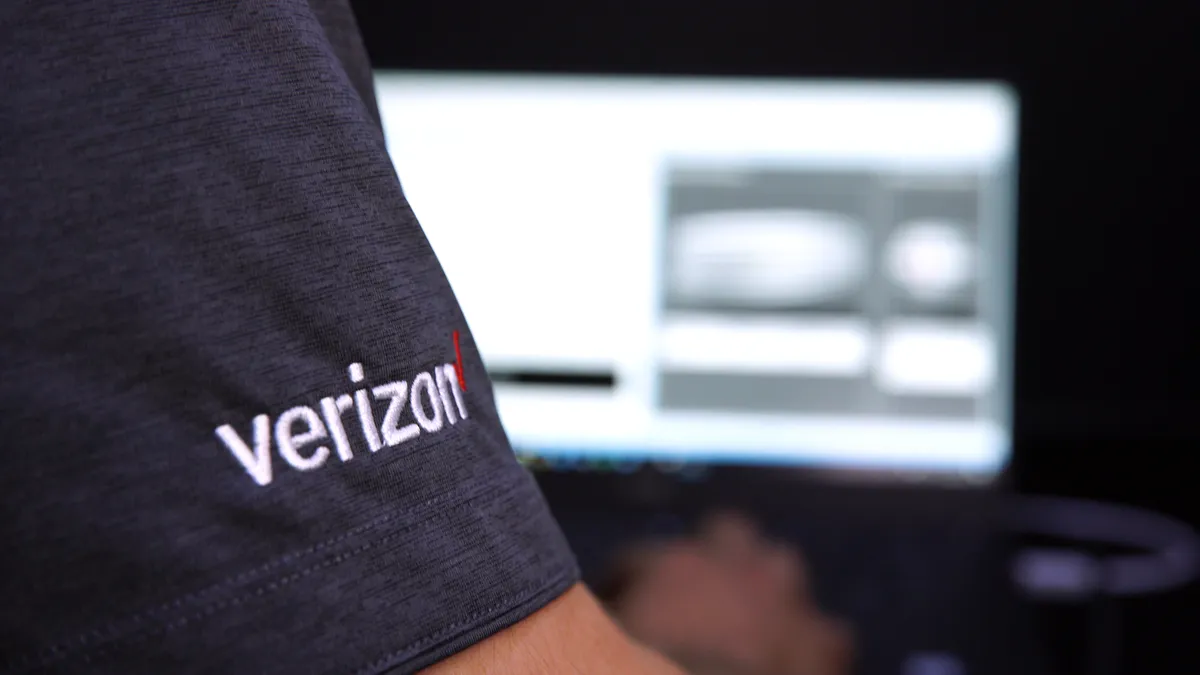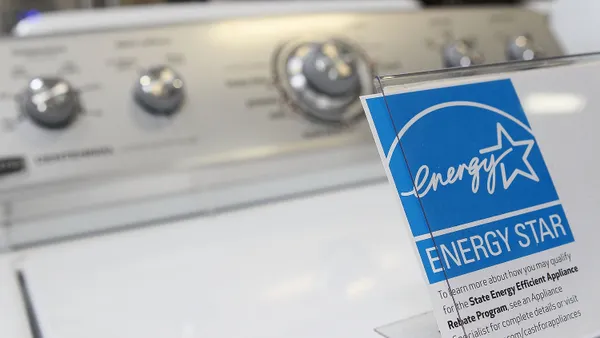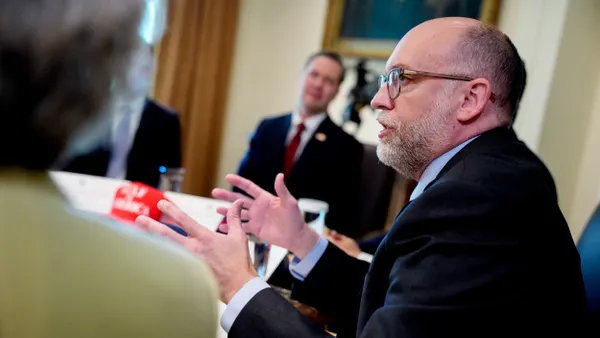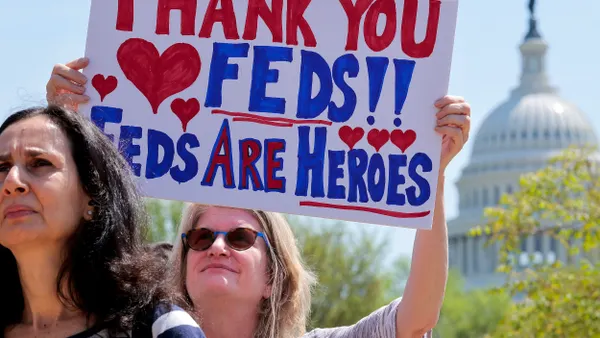Dive Brief:
- A 16-week startup accelerator from Verizon is looking to use emerging technologies to try reversing the worst effects of climate change on vulnerable communities.
- The accelerator, known as Forward for Good, will help early-stage startups in areas including agriculture, clean tech, water, human health and safety and food security. In partnership with innovation agency Alley, the accelerator will look to encourage the use of 5G, big data, mobile edge computing and artificial intelligence to solve climate and resiliency issues in those areas.
- The five to seven startups accepted into the accelerator will have access to Verizon's technology, funding to help scale their companies and the chance to connect and work with experts and mentors to make their products a reality. Applications for the accelerator’s first cohort close on April 30, with a second cohort expected to be announced later this year.
Dive Insight:
Forward for Good is a component of the company’s Citizen Verizon initiative, where it looks to expand digital access, mitigate the impacts of climate change and prepare for the future of the workforce, said Verizon's Manager of Corporate Social Responsibility Dylan Siegler.
In addition to the accelerator, the company in 2019 committed to sourcing or generating 50% of its annual electricity consumption by 2025 from renewable energy.
But while Siegler said emerging technologies present an exciting opportunity to help with some of the biggest issues facing the planet, Verizon is not trying to say that technology is a "nice solution for social justice." Instead, she said there is potential, for example, to explore how drones, big data, sensors and 5G could be operationalized to address physical climate risks like sea level rise and extreme weather events.
Technology could also help communities transition away from fossil fuels, Siegler said, which could be especially helpful if those economies currently depend on them. Making renewable energy more affordable and available could help solve issues around the transition, she said.
"How do we make sure that we're pulling out all the stops and using every technique that we have, and every technology that we can throw at it to help communities that might be disadvantaged as those transitions toward a fossil free economy occur?" Siegler said. "We don't know what that looks like yet. That's actually part of what's so exciting about it."
She also said the accelerator could be a good opportunity for Verizon to learn more about how emerging technologies can be helpful in mitigating the worst impacts of climate change. The company's knowledge in this area is growing but can be aided further by early-stage startups operating in the space, according to Siegler.
"We recognize that technology can have a big impact on climate resiliency, and we recognize that it can help move toward a place where society might be more just," she said. "We don't really know what that's going to look like at the end, we're really looking to these innovators to help us understand whether that hypothesis actually bears out. We believe that it will; we really do believe in the power of technology and connectivity to innovate against climate change."
Cities and states have been among those to take the lead on fighting climate change, with businesses and other corporate entities setting similar targets and making environmentally friendly investments. Siegler said that trend, which has also seen the likes of Shell invest in mobile ticketing platform Masabi, is part of a growing corporate awareness of the threat of climate change and a desire to help mitigate it.
"I think corporations, Verizon among them, are just now tuning in to the social impacts of climate change on the communities where our customers and our employees live," she said.











